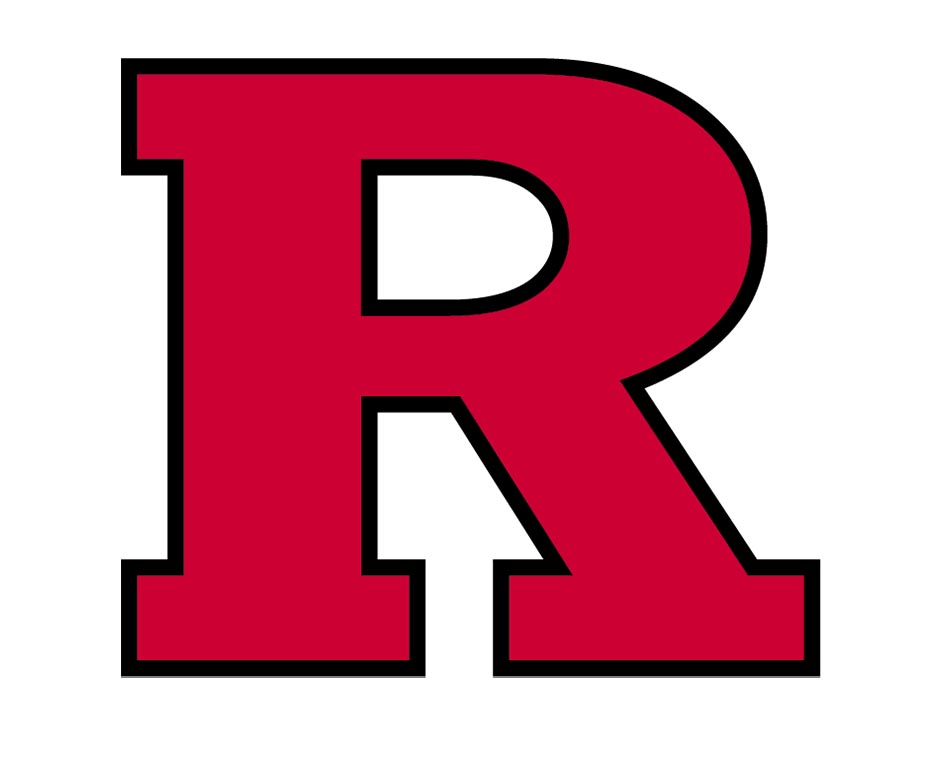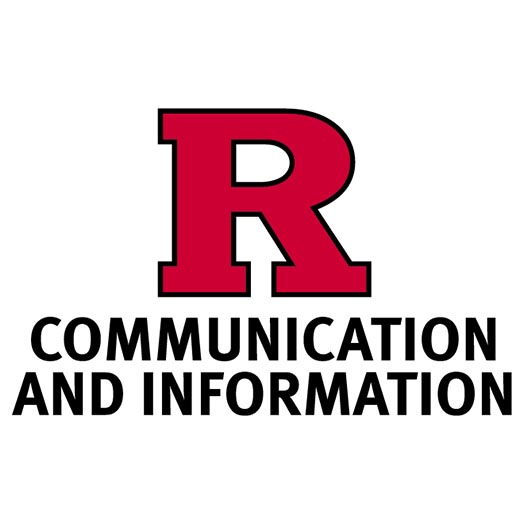Search
Displaying 1401 - 1410 of 8466
Piotrowski, J., Jordan, A., Hennessy, M., Bleakley, A. (2015). Identifying family television practices to reduce children’s television time. Journal of Family Communication, 15:159-174.

Khurana, A., Bleakley, A., Jordan, A., & Romer, D. (2015). The protective effects of parental monitoring and internet restriction on adolescents’ risk of online harassment. Journal of Youth and Adolescence, 44(5), 1039-1047.

Bleakley, A., Hennessy, M., Vaala, S., Glanz, K., Strasser, A., Jordan, A. (2015). Do emotional appeals in public service advertisements influence adolescents’ intention to reduce consumption of sugar-sweetened beverages? Journal of Health Communication, 20(8) 938-948.

Hennessy, M., Bleakley, A., Piotrowski, J.P., Mallya, G., & Jordan, A. (2015). Sugar-sweetened beverage consumption by adult caregivers and their children: The role of drink features and advertising exposure. Health Education & Behavior, 42(5) 677-686.

Jordan, A., Bleakley, A., Hennessy, M., & Vaala, S. (2015). Sugar-sweetened beverage-related public service advertisements and their influence on parents. American Behavioral Scientist, 59(14) 1847-1865.

Vaala, S.E., Bleakley, A., Hennessy, M., & Jordan, A. (2016). Weight stigmatization moderates the effects of sugar-sweetened beverages-related PSAs. Media Psychology, 19(4), 534-560.

Vaala, S.E., Bleakley, A., & Castonguay, J., Jordan, A.B. (2017). Parents’ use of the V-Chip and perceptions of television ratings: The role of family characteristics and the home media environment. Journal of Broadcasting and Electronic Media, 61(3), 518-537.

Bleakley, A., Jordan, A., Mallya, G., Hennessy, M., Piotrowski, J.T. (forthcoming, 2017). Do you know what your kids are drinking? Evaluation of a media campaign to reduce consumption of sugar-sweetened beverages. American Journal of Health Promotion.

Bleakley, A., Glanz, K., Jordan, A., Lazovich, D., Ellithorpe, M. (forthcoming, 2017). Young women’s beliefs about quitting indoor tanning: Implications for health communication messages. Translational Behavioral Medicine.

